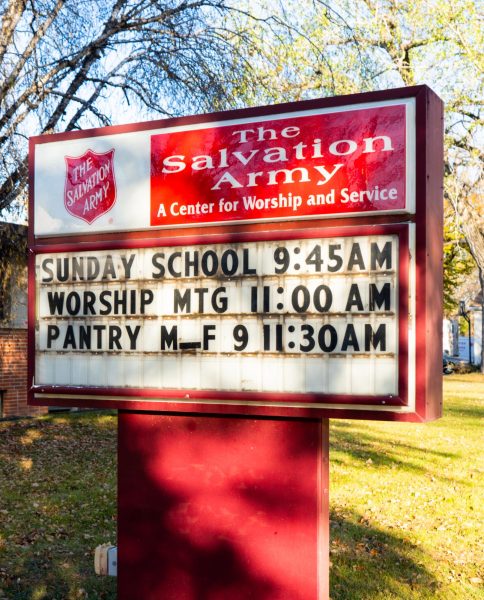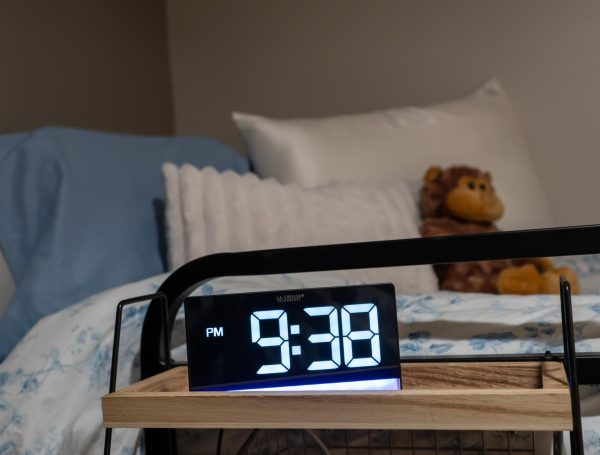Students must learn to budget for the future
MONEY Having a plan is key to financial well-being.

Learning how to manage money is essential for students to keep out of trouble. Photo courtesy of thegraphicsfairy.com.
Being a broke college student is considered a cliché by now, but it’s a situation more and more students are finding themselves in.
Obviously, the financial situation of a college student varies greatly depending on the individual college student, who could have a part-time job, a relative helping them out or student loans or some combination of the three.
However, having and properly using a budget is extremely important for any college student.
In the most basic sense, a budget is just keeping track of where your money is going and making decisions based on how much money you have and are spending.
Now, there are a couple of important things to remember about a budget.
First of all, in order to budget effectively, you need to able to define the difference between a need and a want, and to have the self-control to spend accordingly. Secondly, it’s better to overestimate than underestimate. Finally, a budget won’t magically fix your financial problems, but it will make it easier to solve them.
Traditionally, people who advise budgets will tell you to assign a specific percentage to each category .
I don’t think that is a good idea for one simple reason: people are different and their wants and needs are different.
For example, not everyone is going to need the same amount of food, and not everyone is going to want the same amount of clothes. I’m not trying to do a stand-up routine here, but all I’m saying is I probably won’t spend the same amount on shoes as some people might. To be fair, I probably waste the same amount of money on TV and video games.
Even though I do think it’s important to differentiate between a want and a need, I also think it is important to not entirely eliminate our wants out of the budget. It is certainly a good idea to reduce those kinds of expenses, but I don’t think it’s a good idea to eliminate them.
College life can be stressful, especially when balancing a job and classes. It’s important to be able to manage the stress through whichever particular venue is most common to you — be it video games, TV, reading or music.
Another important reason to have room in the budget for wants and needs is that some college students have difficulty with long-term motivations. It can be difficult for a student to remain motivated for a part-time job when all their money disappears into a murky ‘for the future’ fund. It’s important to plan for the future, but it’s also necessary to remember to enjoy the present.
One technique for setting aside money in the budget for a ‘want’ is to actually set aside small amounts of physical money in an envelope weekly until you have enough for the ‘want’. For example, say there is a $60 video game you are looking forward to buying in November, if you set aside $10 a week for 6 weeks, then you’ll easily be able to afford it.
When trying to cut down on food costs, try to keep eating out to a maximum of once or twice a week and when you do eat out, try to find student rates and deals whenever you can. There are a lot of places in Grand Forks that offer student rates and discounts; it is a good idea to take advantage of those when possible.
Also it is a good idea to have a part-time job, even if you already have everything else paid for. If you don’t learn how to properly manage your money now, what are you going to do when you go into the “real world?”
Finally, there are two important things to remember about student loans. First, you have to pay those back. Secondly, you have to pay those back with interest. Even if you get a high- paying job right out of college, you’ll still spend years paying your student loans off.
So, if you keep a budget and stick to it, you might not find yourself saying that you ‘re broke as often. It is better to learn proper money management skills now when you don’t have as many bills, then when you get out of college and see nothing but bills.
Michael Rauser is a staff writer for The Dakota Student. He can be reached at [email protected].






